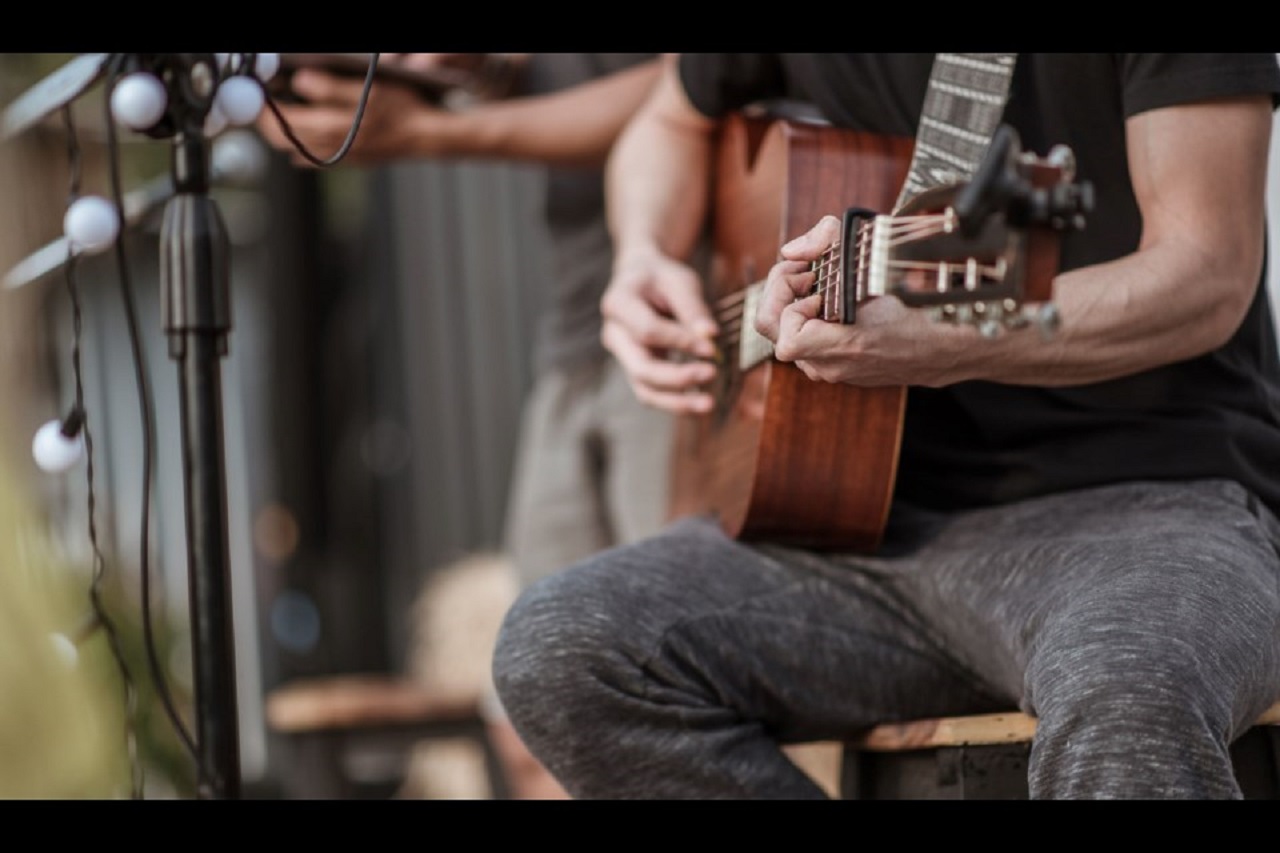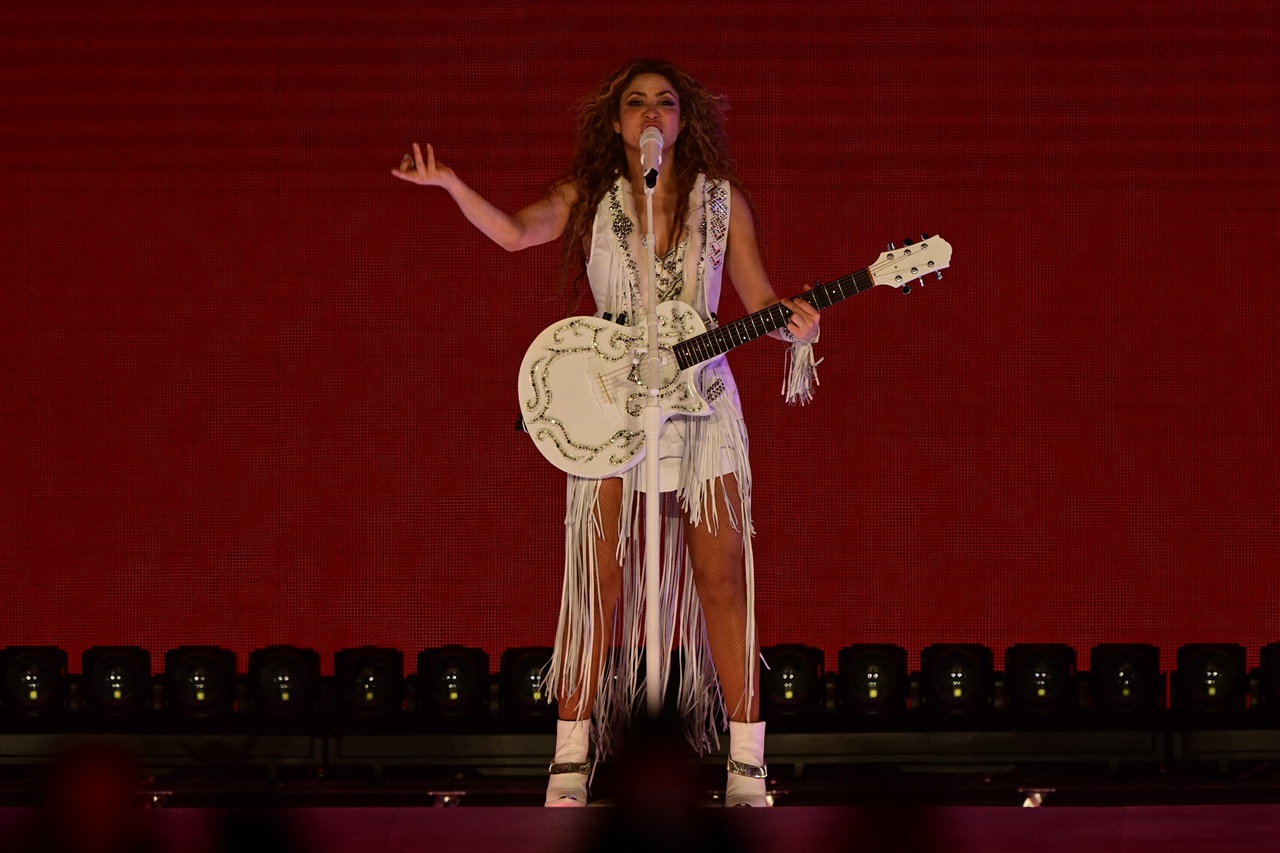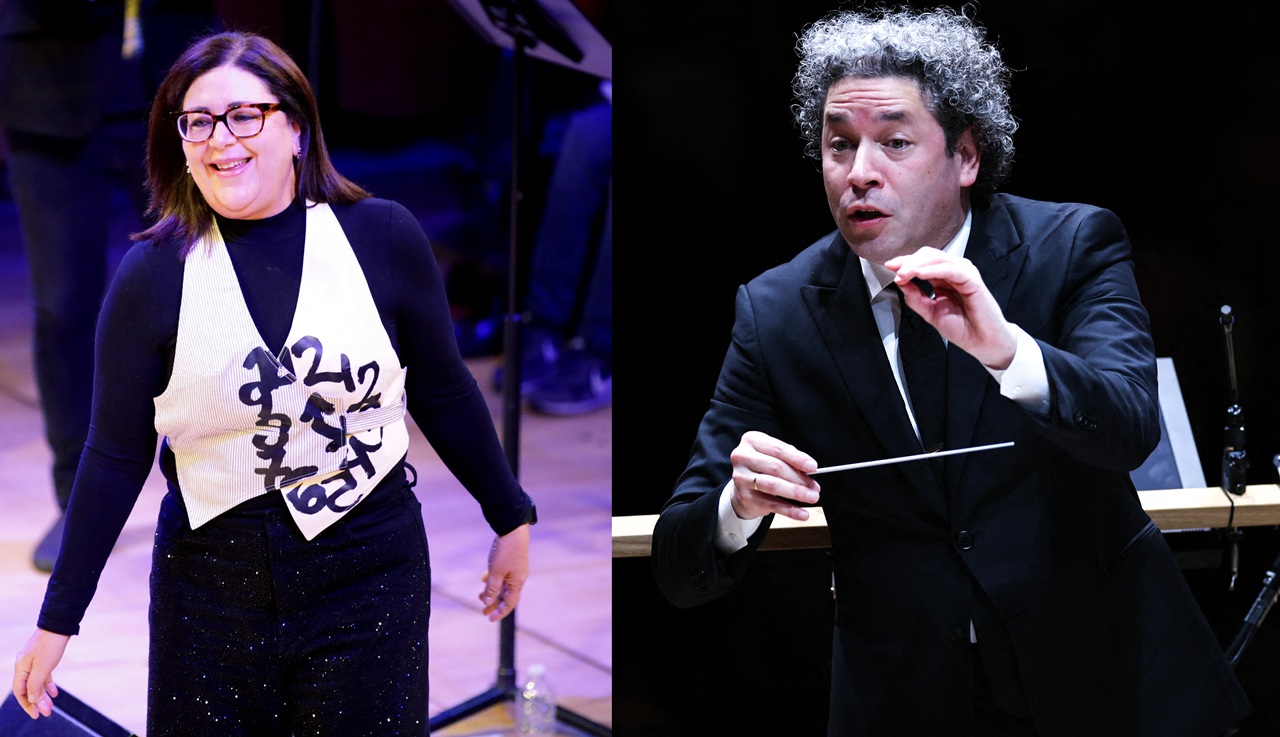
UNESCO says that the situation of many artists went from “precarious to unsustainable”
The cancellation of live performances due to the global health crisis hit the artists really hard
Historically, professional musicians or workers in the entertainment world have lived an instable career. Their performances and salaries always depended on many factors. However, the outbreak of the coronavirus pandemic caused a severe blow.
According to UNESCO, the United Nations body dedicated to culture, science and education, "the situation of many artists has gone from being precarious to unsustainable, endangering the diversity of creation."
In a report named "Reshaping Policies for Creativity", the organization analyzes in depth the state of health of the cultural sector with graphics, analysis and specific cases of the situations that many artists go through.
We need more funding for the creativity and culture sector to achieve the @UN’s #GlobalGoals.
— UNESCO 🏛️ #Education #Sciences #Culture 🇺🇳😷 (@UNESCO) February 7, 2022
Follow the launch of the new UNESCO Re|Shaping Policies for Creativity report on 8 Feb at 2pm GMT+1.https://t.co/eesrm36KRf #SupportCreativity #ShareCulture pic.twitter.com/PcBazf115v
The cancellation of live performances due to the global health crisis hit new creators really hard, and specifically the latino ones. In Latin America, almost two thirds of the sector (66%) are self-employed. In the European Union, for example, they represent a 33%.
The popularization of streaming services, such as Spotify, increased global music revenues (7%), but they also increased the profit gap between developed and developing countries. 95% of the exports of cultural services in 2019 (117.4 billion dollars), corresponded to developed countries.
RELATED CONTENT
Assuming the precarious situation of many musicians, unable to pay their taxes as self-employed workers, the report proposes a solution that seems difficult to apply: guarantee a minimum income.
"The crisis has led to calls for a universal basic income and a minimum wage that applies to all employment models in the cultural and creative sectors," UNESCO claimed.
The report proposes to "consider culture as a global public good", and encourages states to give more importance to the creative arts. However, the musicians are aware that their fragile situation will hardly change.
“Public investment in culture has been declining for 10 years. Regulations are insufficient or inadequate and the lack of skills in the digital environment increases inequalities”, the report pointed out. Developing countries face higher barriers to obtain travel visas and foreign financing, among other obstacles.
UNESCO considers that culture promotes a sustainable development and a fundamental vehicle for reducing inequalities. Beyond the economic issue, the organization highlighted another issue of concern: "attacks on freedom of artistic expression continue to increase throughout the world, and range from censorship to murder."
On the positive side, it highlights the extraordinary possibilities offered by streaming platforms. From South America, the report talks about "Retina Latina", a digital platform for free broadcasting dedicated to Latin American cinema, promoted by the Ministry of Culture of Colombia, in cooperation with Bolivia, Ecuador, Peru, Mexico and Uruguay.
“8% of the catalog can be accessed from all over the world and offers free access for residents of Latin America and the Caribbean”, concluded the report.











LEAVE A COMMENT: